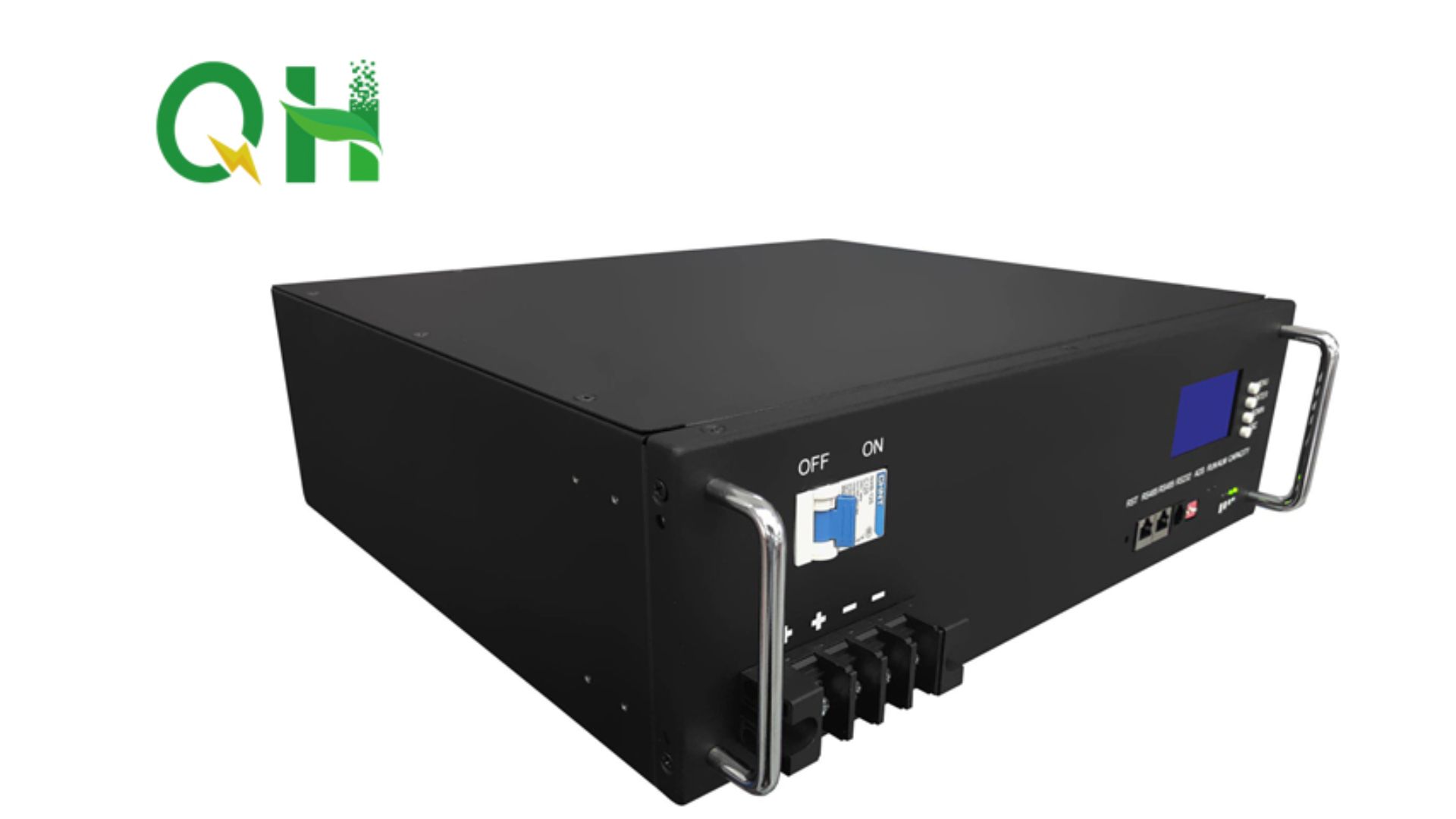Lithium iron phosphate (LiFePO4) batteries, also known as Lifepo4 batteries are a type of rechargeable lithium-ion battery that has become popular in recent years because of its higher energy density, longer life, and improved safety characteristics when compared to other battery chemistries.
In this article, we will touch on what lifepo4 battery technology is and explain how it separates itself from other battery chemistry.
Basic Explanation of What Lifepo4 Battery Technology is
The first and most important thing to know is what makes the Lifepo4 battery.
Like most rechargeable batteries, a Lifepo4 battery is made up of one or more electrochemical cells that convert chemical energies into electrical energy. Each electrical cell contains a cathode, an anode, and an electrolyte. These components are typically made of metal oxides and carbon while the electrolyte is a liquid property that allows the movements of ions in between the cathode and anode during the charging and discharging of the battery.
Difference Between Lifepo4 to Other Battery Chemistries
One key difference between Lifepo4 batteries and other lithium-ion batteries is the choice of the cathode material. Lifepo4 batteries use a cathode made from iron phosphate while the other lithium-ion batteries use cathodes from cobalt, nickel, or manganese. The usage of iron phosphate has several advantages, the most important one is improved safety while giving it a longer life cycle and lower cost.
Iron phosphate is a stable and non-toxic material that is less prone to many safety hazards like thermal runaway than most cathode materials. It also has a longer life cycle which means that it can be charged and discharged more time before losing battery capacity. Lastly, iron phosphate is abundant making it way cheaper than other rare materials. This makes Lifepo4 batteries a more cost-effective solution for many applications.
Advantages of Lifepo4 Batteries
Aside from the advantages that were pre-mentioned above, Lifepo4 batteries have a high energy density. This refers to the amount of energy that can be stored per unit volume or the weight of a battery. A Lifepo4 battery has way higher energy density than any lead-acid battery and other types of lithium-ion batteries, which makes them ideal for applications that require a lot of energy in a small space of weight, such as electric vehicles, solar energy storage, and other portable electronics.
In addition to their high energy density and improved safety, Lifepo4 batteries also have several other benefits compared to other battery chemistries. For example, they have a flat voltage curve, which means that their voltage will remain constant throughout their discharging cycle. This makes it easier to predict the current state that the battery is in and prevents voltage drop-off at the very end of the said cycle.
Lifepo4 also has a high discharge rate which means that it can deliver a lot of power in a shorter amount of time when compared to other battery chemistries. This alone is one of the most important advantages for applications that require high peak power like electric vehicles.
Conclusion
Lifepo4 battery technology is a great alternative to other battery chemistries as it offers improved safety, high energy density, and long cycle life at a much lower cost. And even if there are other types of batteries that would be better in some applications, they are still an excellent choice for many applications, particularly those that require a long life cycle, high energy density, and safety.
